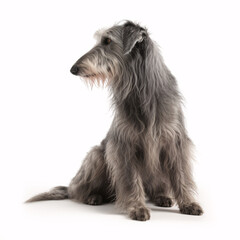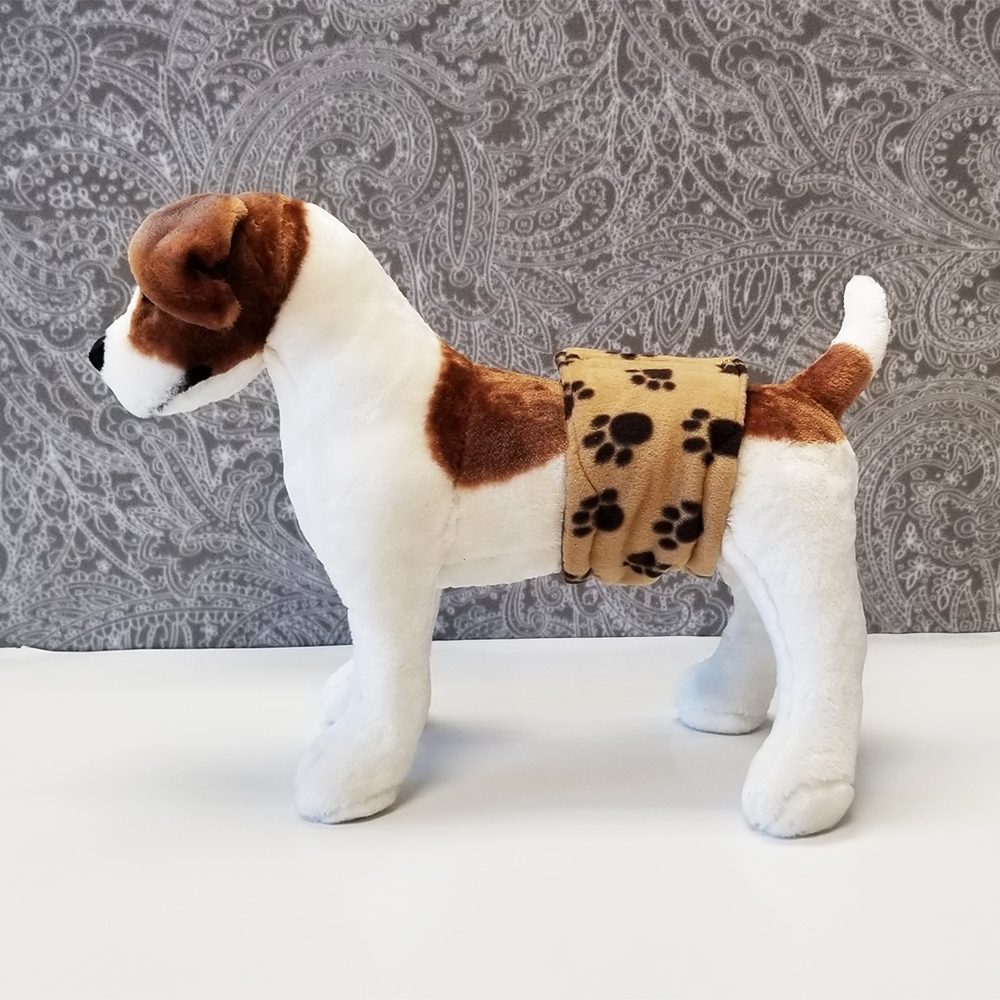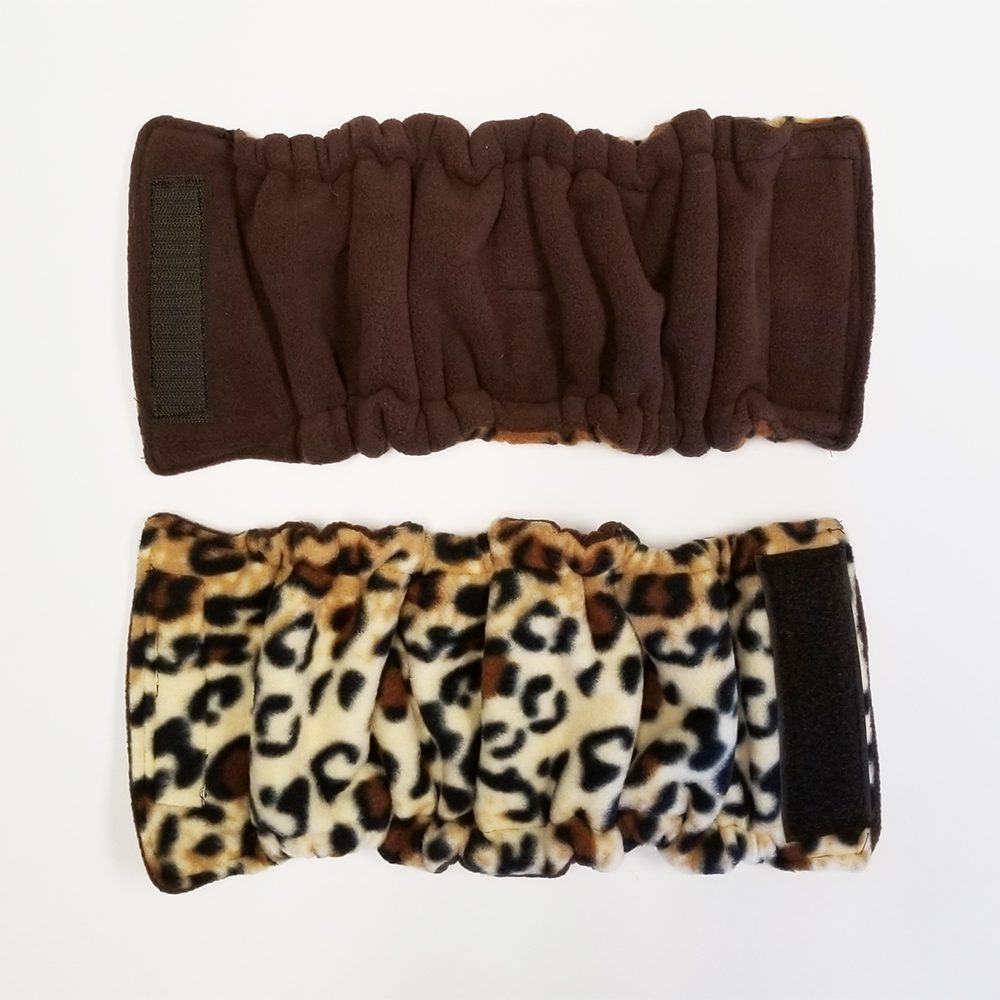Scottish Deerhound

Scottish Deerhound: The Majestic and Gentle Giant
Welcome to the comprehensive guide on the Scottish Deerhound, a breed revered for its noble stature, serene demeanor, and storied history. This page delves into the world of the Scottish Deerhound, a large sighthound breed known for its grace, speed, and friendly personality, making it an esteemed companion and an adept hunter.
Overview
Height: Males: 30-32″; Females: 28″ and up
Weight: Males: 85-110 pounds; Females: 75-95 pounds
Colors: Brindle, fawn, blue, yellow, red fawn, grey
Life Expectancy: 9-11 years
Group: Hound Group
_______________________________________
Physical Characteristics
- Regal and Athletic Build: Scottish Deerhounds are distinguished by their tall, athletic build, which combines strength and elegance. They have a rough, wiry coat, typically in shades of gray, which provides protection in rough terrain.
- Graceful and Gentle Features: They possess a dignified and gentle expression, with soft, soulful eyes and a long, tapered head, all contributing to their regal appearance.
Temperament and Personality
- Calm and Affectionate: Known for their calm and affectionate nature, Scottish Deerhounds are gentle giants who form deep bonds with their families. They are particularly good with children and other pets, displaying a patient and loving temperament.
- Quiet and Dignified: Despite their size, they are typically quiet and unobtrusive in the home, often described as dignified and courteous.
- Intelligent and Independent: These dogs are intelligent and can be independent thinkers, enjoying outdoor adventures and open spaces.
Training and Exercise Needs
- Training: Gentle and consistent training methods work best with this breed, as they respond to kindness and positive reinforcement. Early socialization is important to nurture their well-rounded character.
- Exercise: As a breed bred for coursing deer, they require ample exercise to maintain their physical health. Activities like long walks and opportunities to run in safe, enclosed areas are ideal.
- Mental Stimulation: Providing mental stimulation through scent tracking, gentle training exercises, and interactive play is important for their well-being.
Health and Nutrition
- Diet: A balanced diet suitable for a large, active breed is crucial. Regular veterinary check-ups are essential to maintain their health.
- Common Health Issues: Generally robust, Scottish Deerhounds can be prone to certain breed-specific health concerns. Regular health screenings are advisable. Some problems that can affect the breed are bloat, cardiomyopathy, osteosarcoma. Dog Health Dictionary
Grooming and Care
- Coat Maintenance: Their rough coat requires regular grooming to prevent matting and maintain its rugged appearance. This includes brushing and occasional professional grooming.
- General Care: Routine health care practices, such as dental hygiene, nail trimming, and ear cleaning, are important for their overall health.
Living with a Scottish Deerhound
- Family Compatibility: They are excellent with families, known for being gentle and affectionate with all members.
- Adaptability: Scottish Deerhounds adapt well to various living environments but thrive best in homes where they have space to move and exercise.
- Companionship: They form strong bonds with their owners and enjoy being part of family activities, though they appreciate having their own space as well.
Responsible Ownership and Adoption
- Selecting a Breeder: Choose breeders who prioritize health, temperament, and adherence to breed standards.
- Adoption Options: Considering adoption from shelters or breed-specific rescues is a commendable way to provide a home to a Scottish Deerhound in need.
.
Conclusion: The Scottish Deerhound, with its majestic stature, gentle nature, and noble spirit, is an ideal breed for those seeking a serene, affectionate, and dignified companion. Their adaptability and kind temperament make them a respected and valued member of any household.
Housebreaking
PUPPY HOUSEBREAKING tips: https://www.dog-breeds.net/puppy-housebreaking/
ADULT MARKING AND RETRAINING tips: https://www.dog-breeds.net/dog-housebreaking-marking-page/



